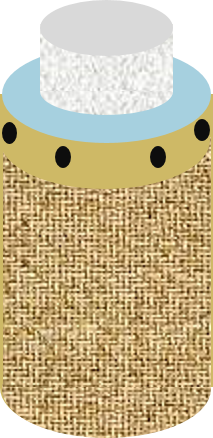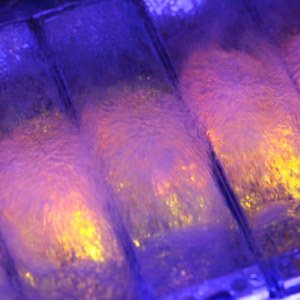Brief description of the solution and the added value it delivers
Structures deteriorate, whether with age or due to chance events such as earthquakes. The proposed technology uses an active reinforcement to repair pillars, which achieves better use of the material and a faster intervention, while also making the process cheaper. The technology is currently at the laboratory prototype stage. It is currently a niche market but is expected to grow in the near future.
Description of the technological basis
The solution consists of a method to reinforce structural elements (e.g. pillars) using high-mechanical-performance textiles, such as those made from carbon fibre.
What is unusual about the proposed method is that it allows users to preload the textile, which makes it work more effectively and eliminates the need for the structure to undergo distortions following the intervention.
‘The technology allows optimum use of high-performance reinforcement materials’
Business needs / application
-
The deterioration of structures, whether with age or as a consequence of unexpected events, such as earthquakes or other disasters, often forces owners to consider the need to demolish them.
-
An interesting alternative to demolition, which could avoid a great deal of cost and waste, is to reinforce the structures.
-
Structural reinforcement by means of high-mechanical-performance textiles is already used in practice and there are patents describing various ways of carrying it out.
-
What is novel about the proposed solution is the ‘preloading’ of the textile.
‘The ageing of structures or unforeseen circumstances (earthquakes) will make reinforcing structures more important in the future’
Competitive advantages
-
Better use of the reinforcement material: the material works actively, so less is needed.
-
Greater safety: as it is an active reinforcement, the structure does not need to continue to deform for the reinforcement to work.
-
Faster implementation of the solution.
-
A significantly cheaper reinforcement process.
References
-
The researchers developing this solution have extensive experience in the field of structural reinforcement.
-
In the past, collaborations have been set up with distributors of reinforcement materials.
Industrial protection
Patent granted in Spain: ES2547464.
Stage of development
- Concept
- Research
-
Lab prototype
- Industrial prototype
- Production
Contact
Auctoritas contact
Vicente Alcaraz Carrillo de Albornoz
e:
UPM contact
Innovation and Entrepreneurship Programmes
Technological Innovation Support Centre (CAIT) – UPM
e:














